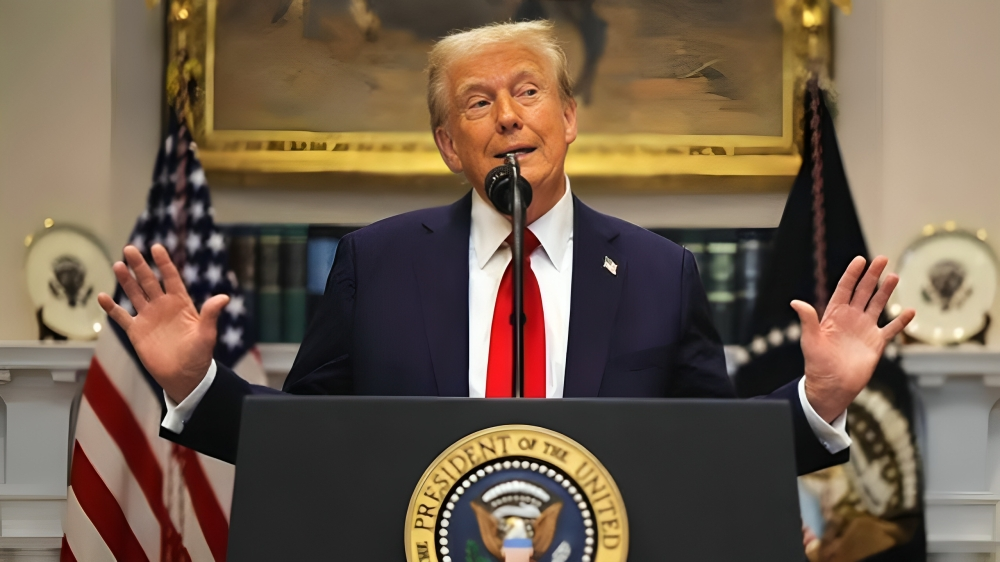U.S. President Donald Trump has announced plans to levy new tariffs on semiconductor imports from companies that do not establish manufacturing operations within the country. He described the upcoming duties as “fairly substantial,” framing them as part of a broader effort to strengthen domestic technology production.
The comments came during a White House dinner on Thursday with top technology executives. “We will be putting a tariff very shortly,” Trump said, noting that the rates would not be extreme but significant enough to influence corporate decisions.
Apple Likely to Be Exempt
While confirming the tariff plan, the president indicated Apple may not face penalties, citing its expanded U.S. commitments. Apple CEO Tim Cook, who attended the meeting, has pledged to boost the company’s domestic investment to $600 billion over the next four years.
Background of Tariff Strategy
Tariffs have been a central feature of Trump’s economic agenda, used to push global companies to expand production in America and as leverage in trade negotiations. The strategy has, however, unsettled markets and raised tensions with international partners.
In July, Trump had floated the idea of a 100 percent tariff on semiconductor imports, sparing only those companies that already operate or plan to build U.S. facilities. Major chipmakers such as Taiwan’s TSMC and South Korea’s Samsung Electronics and SK Hynix have all announced investments in U.S. plants.
Legal Challenges Ahead
The plan faces obstacles in the courts. A federal ruling recently struck down key parts of Trump’s earlier tariff program, arguing that his broad use of a 1977 emergency statute went beyond its intended limits. The administration has appealed to the Supreme Court, hoping to preserve a policy tool it considers essential to its trade strategy.
